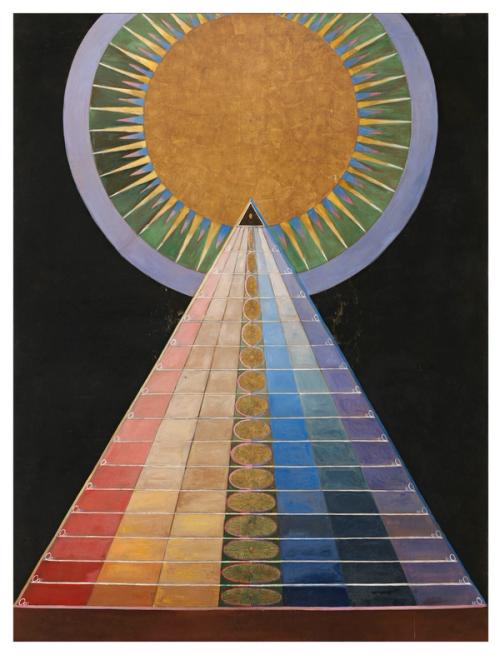
- Series editors
Andrzej Jakubowski, Senior Researcher, Institute of Law Studies of the Polish Academy Sciences, Warsaw
Alison Dundes Renteln, Professor of Political Science, Anthropology, Public Policy and Law, Dornsife College of Letters, Arts and Sciences, University of Southern California, Los Angeles
Shea Esterling, Senior Lecturer Above the Bar, University of Canterbury, Faculty of Law, Christchurch
- Geographical Scope
- Global
- Chronological Scope
- Contemporary with historical reflections
- Advisory Board
Afolasade A. Adewumi, Reader in International Law, Faculty of Law, University of Ibadan
Evelien Campfens, Lecturer of Cultural Heritage Law, Faculty of Humanities, University of Amsterdam
Zaid Eyadat, Professor of International Relations and Human Rights, Director of the Center for Strategic Studies, University of Jordan, Amman
Véronique Guèvremont, Professor of International Law and Holder of the UNESCO Chair on the Diversity of Cultural Expressions, Faculty of Law the Quebec Institute for Advanced International Studies, Quebec
Toshiyuki Kono, Emeritus Professor of Private International Law, Kyushu University, Fukuoka, former President of the International Council on Monuments and Sites (ICOMOS)
Gyooho Lee, Professor of Law and Director of Cultural Law Program, School of Law, Chung-Ang University, Seoul
Jonathan Liljeblad, Associate Professor of Human Rights Law, College of Law, Australian National University, Canberra
María Julia Ochoa Jiménez, Professor for Private International Law, Faculty of Legal and Political Sciences, Loyola University, Seville
Valdimar Hafstein, Professor of Folklore, Ethnology, and Museum Studies at the University of Iceland,
Surabhi Ranganathan, Professor of International Law, Lauterpacht Centre for International Law, University of Cambridge
- Keywords
- Heritage, culture, comparative law, regional law, international law, cultural life, governance, cultural policy
- Flyer
- Download flyer
Culture, Heritage, and Legal Governance: Comparative, Regional and International Perspectives
This book series explores the interfaces between law, governance, culture and heritage that affect the cultural life of societies. Indeed, while the law establishes the framework for their conservation, preservation, and responsible utilization, culture and heritage determine the values and identities that the law seeks to protect. They together define and establish the multilevel governance structures of our cultural life. The aim of this book series is thus to make a seminal scholarly contribution to current debates on the contemporary operation of law and legal pluralism in relation to culture and heritage, encompassing diverse interests of individuals, groups and communities.
This book series constitutes an important and much-needed response to current trends in the multilevel and participatory governance of culture and cultural heritage at global, regional and national levels. Furthermore, it emphasizes the comparative aspect of legal analysis. Yet, the concept of comparativeness is not confined to the study of different legal systems by comparing their structures, principles, rules, and institutions. Significantly, this book series facilitates a comprehensive understanding of the operational mechanisms of legal, policy and governance frameworks pertaining to culture and heritage across a range of local, national, regional and cultural contexts. It also elucidates the underlying rationales for the existence of these various approaches, practices and their inherent disparities, and identifies the insights that can be learnt from them.
The series welcomes proposals for monographs and edited collections that focus on the legal frameworks governing historical legacies, cultural expressions, traditions and ways of life. In particular, it invites proposals that explore the synergies between legal systems, with a particular focus on standardization, cross-fertilization and approximation of legal norms from comparative, regional and international perspectives. Interdisciplinary approaches are also encouraged, including but not limited to intersections of museum studies, provenance research, cultural rights, cultural policy and governance, sustainability, anthropology, history, and cultural law.
